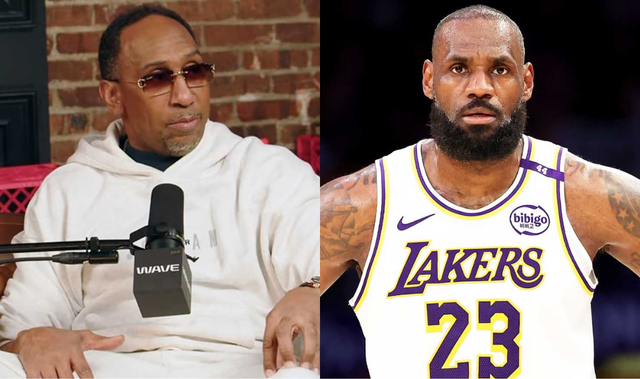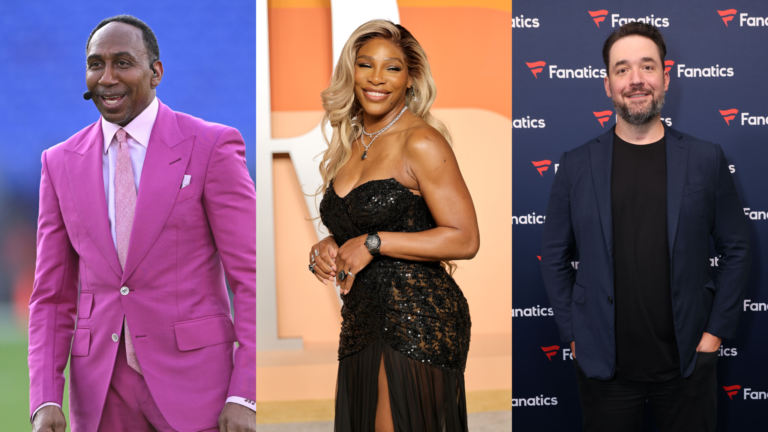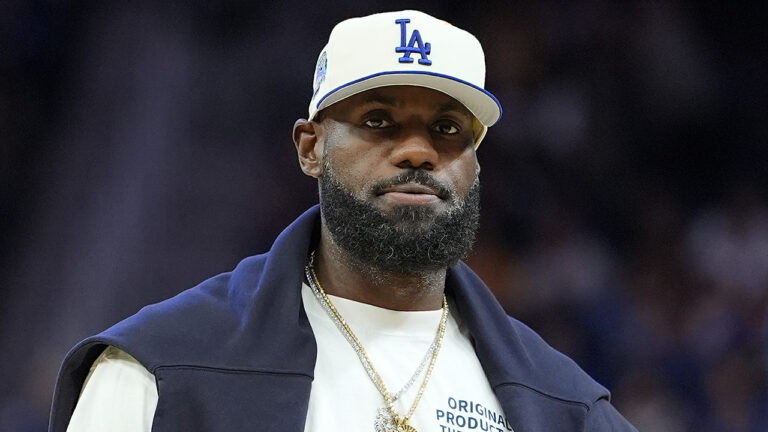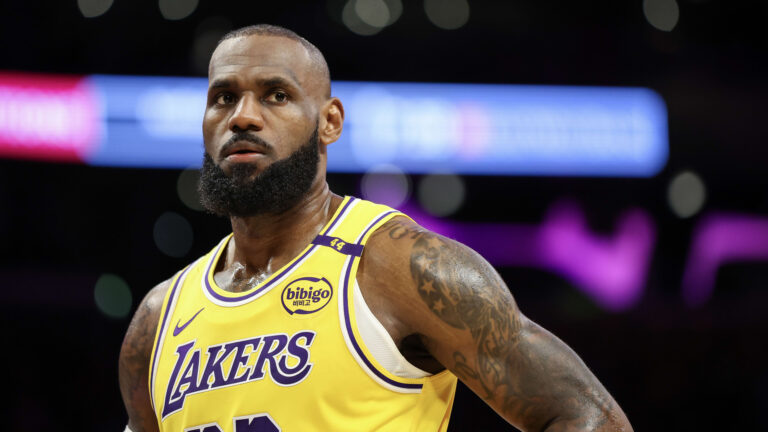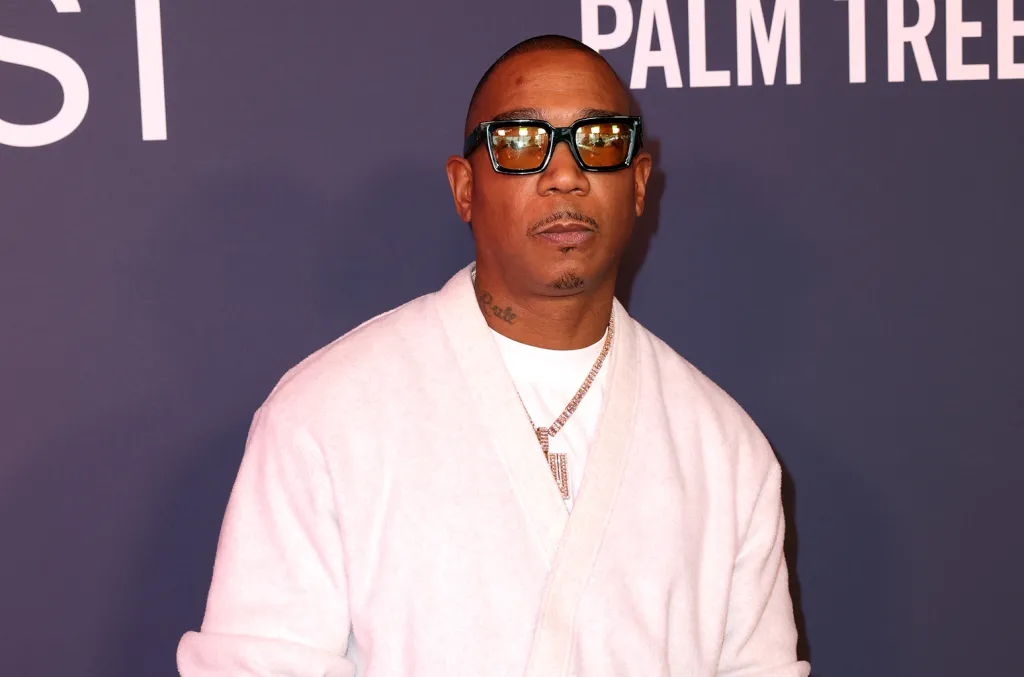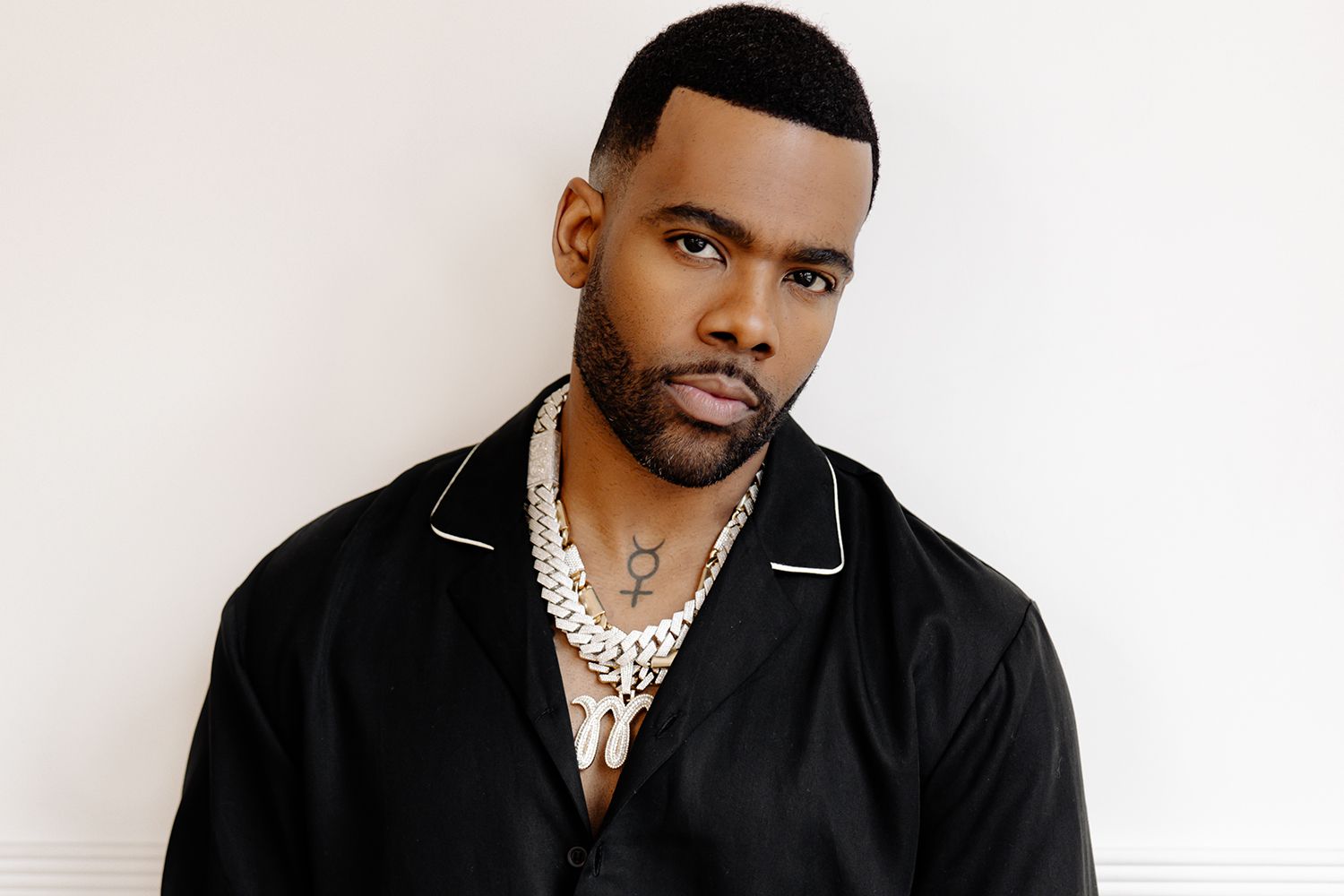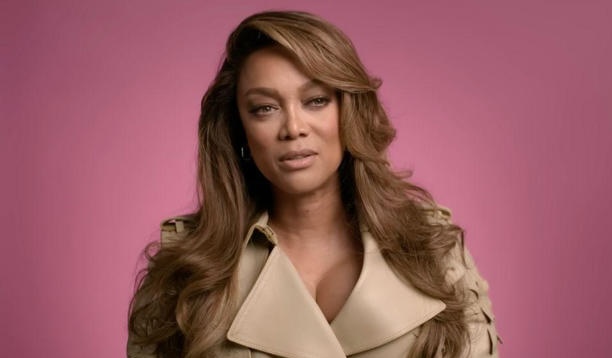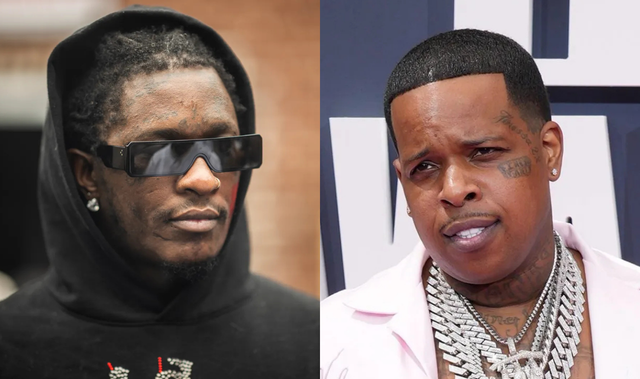Stephen A. Smith is making headlines once again — this time for calling out LeBron James and his new Hennessy ad campaign. The ESPN star went off during First Take, accusing LeBron of misleading fans with his latest marketing stunt titled “The Second Decision.”
🏀 Stephen A. Smith Calls the Ad “Corny” and “Tone-Deaf”
During the First Take broadcast, Smith didn’t hold back his criticism.
“You’re promoting an alcoholic beverage and trying to give people the impression this may be your final season,” he said. “If you play like garbage when it really counts, I’m going to think about that Hennessy commercial and wonder if you were drinking something before the game.”
The LeBron James Hennessy ad sparked controversy after teasing what looked like a major announcement. The campaign intentionally referenced LeBron’s 2010 “Decision” special, which famously revealed his move from Cleveland to Miami.
This time, fans thought it was a retirement reveal — only to discover it was a Hennessy VSOP ad.
⚖️ Fan Backlash and a Lawsuit Over the “Second Decision”
The marketing twist didn’t sit well with everyone. One fan even filed a lawsuit for $865, claiming he bought tickets to what he believed would be LeBron’s final game after seeing the teaser.
Social media quickly joined the debate:
- “He ain’t lying — it was lame. Ppl bought tickets thinking it was his last game.”
- “So we gonna act like we don’t know what marketing is!?” another fan countered.
While some found it clever, others felt LeBron James misled his loyal supporters, echoing Stephen A. Smith’s frustration.
🏆 LeBron James’ Legacy and Stephen A. Smith’s Message
At 40 years old, LeBron remains one of the NBA’s biggest stars, and every move he makes draws massive attention. But for Stephen A. Smith, the “Second Decision” ad crosses the line between clever branding and disrespecting fans’ trust.
He argued that stunts like this distract from LeBron’s legacy, performance, and respect for the game.
As of now, LeBron James has not publicly responded to the criticism — but Smith’s comments have reignited a debate over how far athletes should go with marketing tactics.


